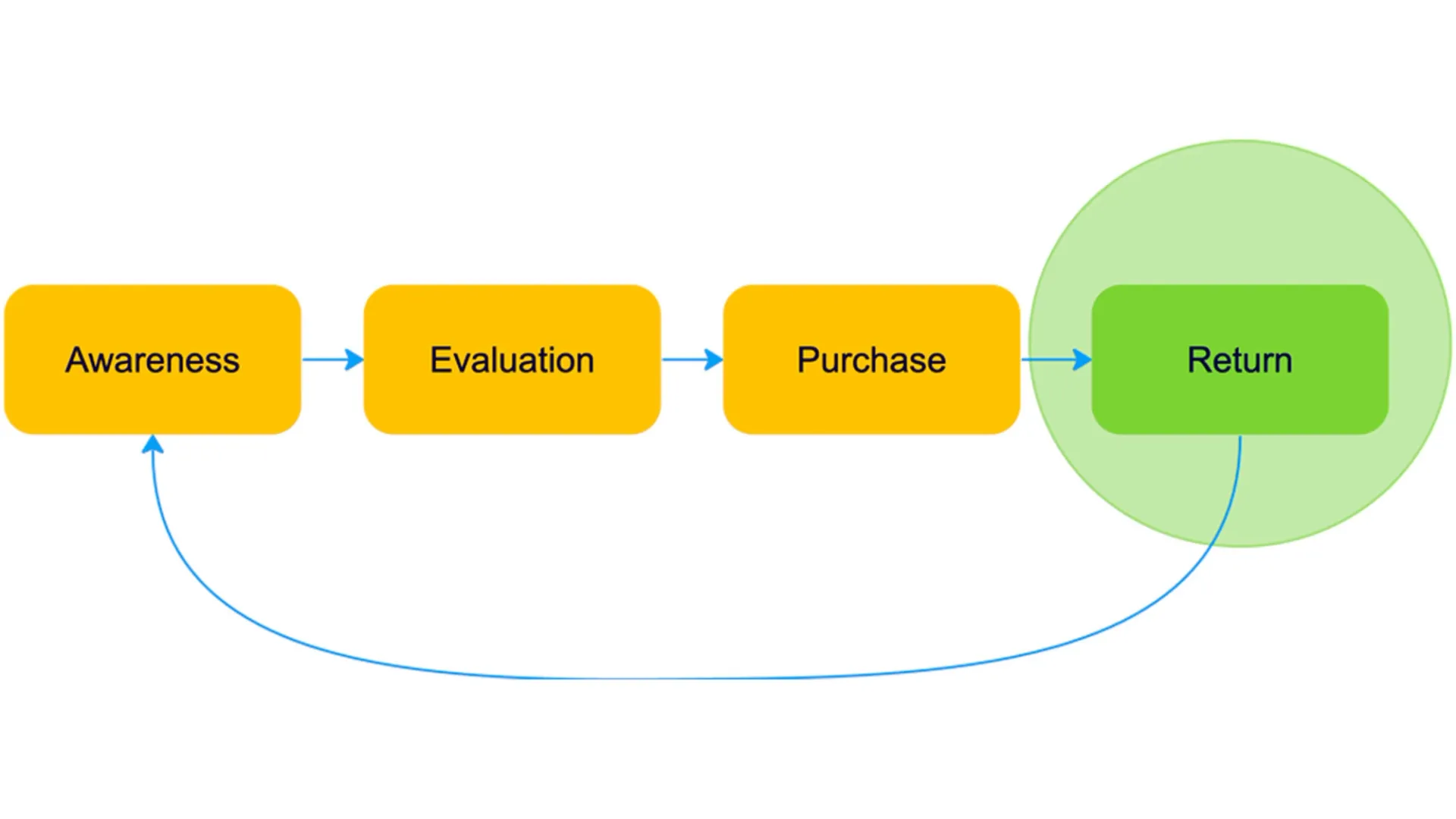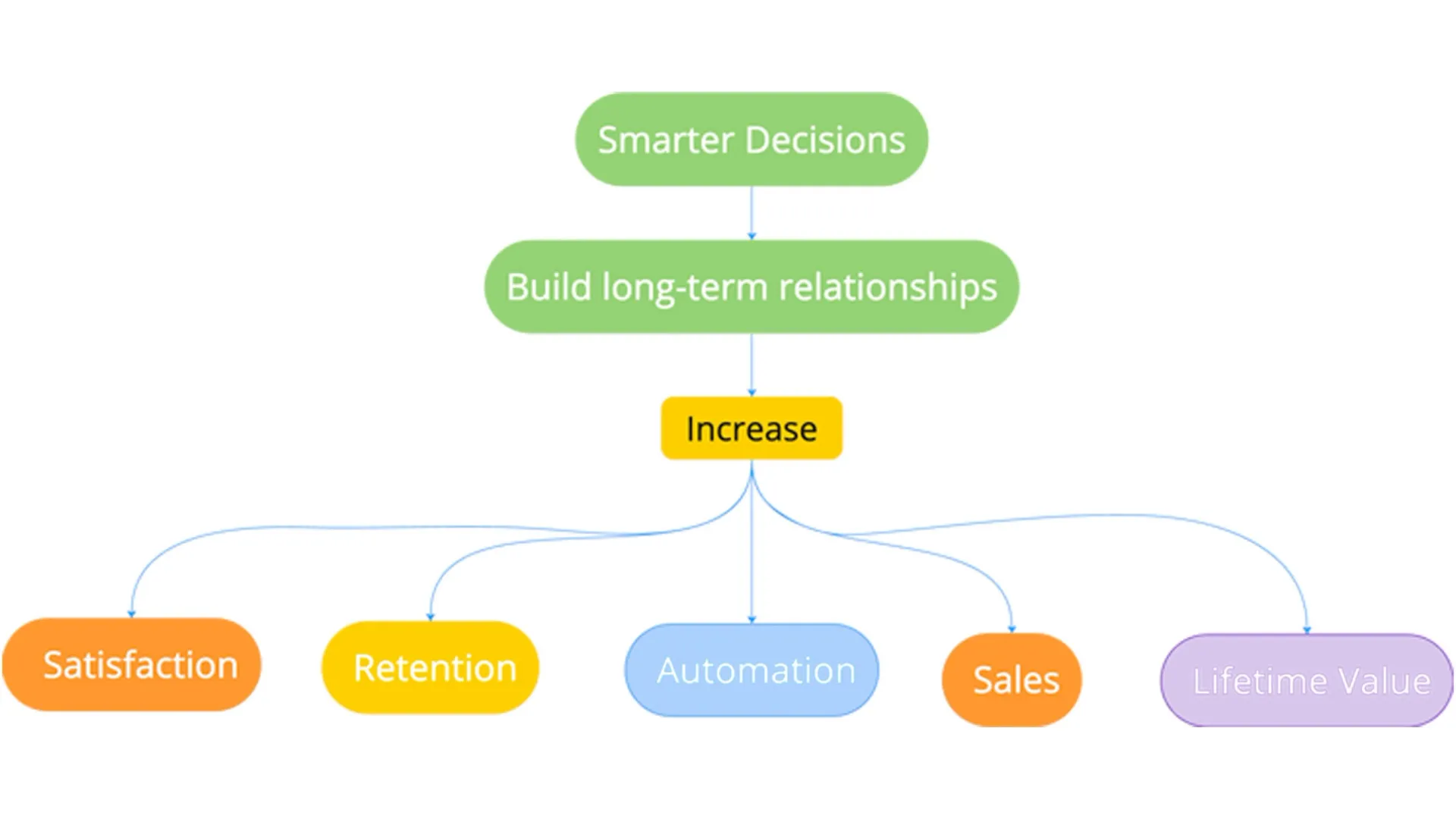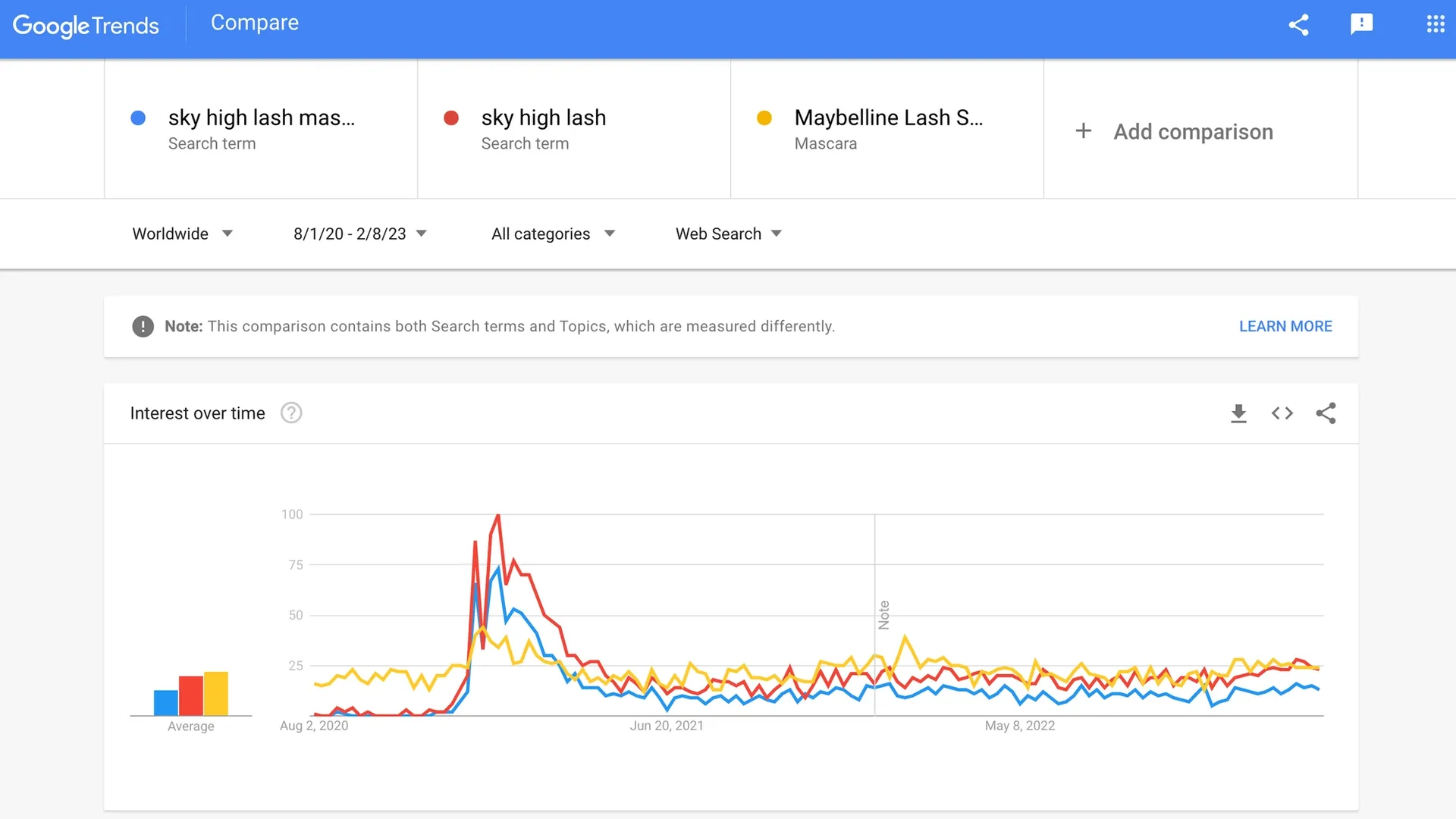CRM: The art of staying in your customer's mind

Making sure customers don't forget you
Imagine you are chilling on your sofa on a lazy afternoon. You browse on your phone when suddenly the exact headphones you’ve been looking to shop for several weeks show up on your feed, with the perfect price range and delivery. You don’t hesitate to buy it because it was exactly what you were looking for. The product arrives a couple of days later, the shopping mission is now completed and after a few days you forget about it.
What does CRM marketing have to do with this?
CRM or Customer Relationship Management is a marketing field that makes sure your customers do not forget you.

How do you engage your existing customers?
Either if you are a small or a big business, and whether you operate within B2B or B2C, finding new customers in today’s noisy internet jungle can be both pricy and time consuming. Many companies focus most of their time, resources, and budgets to attract new leads and customers, but do they spend the same amount of effort to keep these new customers engaged and loyal?
What happens after your customers have made a purchase/contact with you? How do you communicate with them? How do you encourage them to come back to you next time they need to make a similar purchase?
By developing an open internal communication culture, that connects marketing and technology, the practice of CRM can help you optimize communication with your customers across different channels and stages of your customer journey.

CRM in the customer journey
Customer relationship functions just as it does in our daily life relationships. To build trust, friendship,and loyalty, we need to hear, identify and understand people’s needs, interests and motives. With this knowledge we approach our loved ones with care and attention, and in return we gain trust, longer relationships and loyalty.

According to different studies, and depending on the industry you’re in, acquiring a new customer can cost five to seven times more than keeping an existing one.It is also said that increasing customer retention rates by 5% can increase your profits by 25% to 95%.
Another important variable to consider when applying CRM strategies is the type of business you are in, for B2C business the focus is often on building a relationship after a sale is completed, and for B2B the biggest efforts are before a purchase is completed, on the nurturing side of the journey.

Benefits of smart CRM strategies
A 360° view on your customer’s journey
CRM management is frequently the most effective strategy to increase customer retention, but it is also a marketing area that many skip or know the least about.
Executing an optimal CRM strategy entails to be able to understand your customers experience with your brand from a 360° perspective, this is frequently easier said than done, and despite being aware of the importance and potential return of working with it, many companies fail to successfully do it, why is that?
Lack of dedicated skilled resources
As in any field, to succeed with CRM, it is important to have in place resources dedicated to understanding your full customers journey, set up goals and create and implement CRM strategies and best practices to enable your organization to maintain a healthy and long-term relationship with your clients.
Understanding your customers requires you to be able to follow, measure and predict their behaviors. If you have 10 customers, you could do this by talking and meeting them in regular basis, but if you have more, talking in person to each of them might be out of the question, in such case, we have to rely on understanding the interactions they have with your brand in different communication digital and non-digital channels, such as your website, customer service, e-mail, push notifications, physical shop, to mention some. To build an overview of their needs and interests it is important to have the skills to efficiently manage and understand customer data as well as knowledge to manage the system or systems where this data is stored at.
Additionally, a CRM strategy implementation entails ongoing tracking, reporting, and optimization. Optimizing based on learnings is crucial to build knowledge and to develop a more efficient and precise communication with your customers, considering the time, the message, and the channel utilized.

360° view on your customer’s journey
Lack of flexibility
Managers fears of trying new things could prevent you from experimenting, learning, and developing more optimal and relevant communication. There are no perfect customer experiences, but by having an open mind, a simple process, and a testing culture, that considers calculated risks, it is possible to build knowledge and achieve personalized enjoyable experiences for your customers.
This mindset is also good to incentive learning and documentation cultures, which secures reliable results and top management's investment.
Silo way of work
Traditionally,most of the organizations are divided into different departments, such as sales, technology, marketing, customer service,etc, this way of work can be efficient, however there is an issue is when they isolate and don’t effectively communicate with each other. This isolation is reflected in the way they communicate with customers, communication ends up being fragmented, non-optimal and confusing.
Cross functional collaboration is crucial to understand and improve your customer experience. It facilitates the ability to map, identify and track contact points, channels and segments which are the basis to develop a good CRM strategy.
Conclusion
To sum up, theres is multiple benefits to nurturing and keeping your existing customers. A good CRM strategy will make sure that customers remember your brand, and continue to come back to you after the first interaction. This leads to improved customer satisfaction, cost reduction, and increase revenue.
To benefit from CRM, it is necessary to invest in skilled resources (Data Management + Strategy), cultivate a testing culture, and more importantly, encourage smart teamwork,an open communication in the day-to-day operation across technology, marketing and all customer related areas in your organization.
Kontakt oss
Ta kontakt med oss for å diskutere datadrevet markedsføring!




